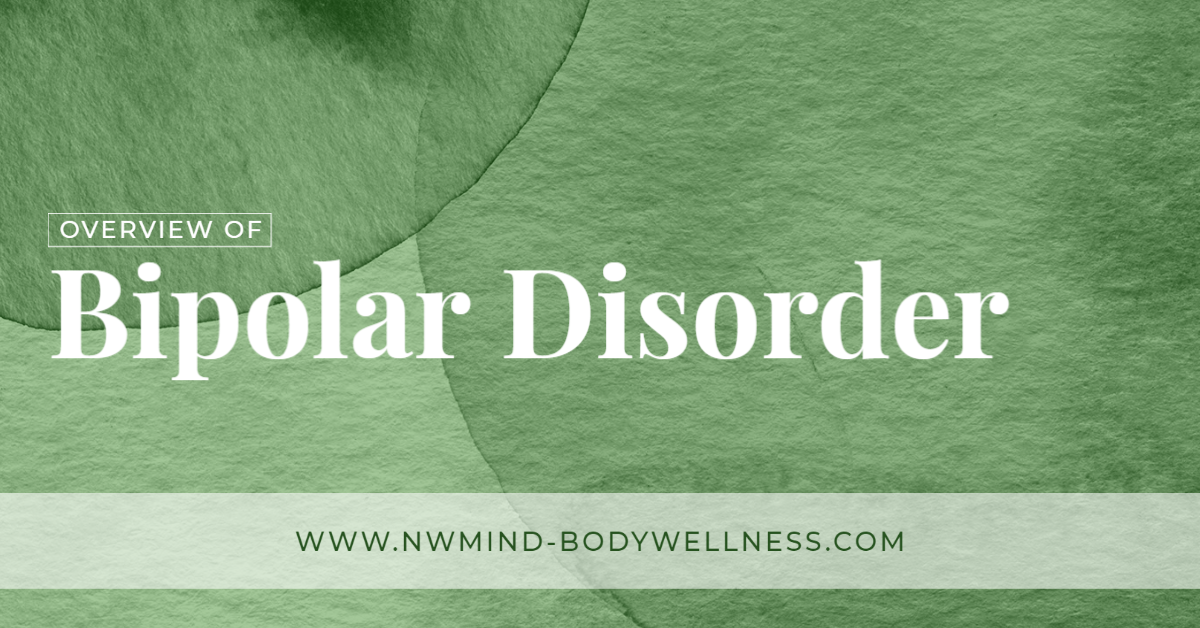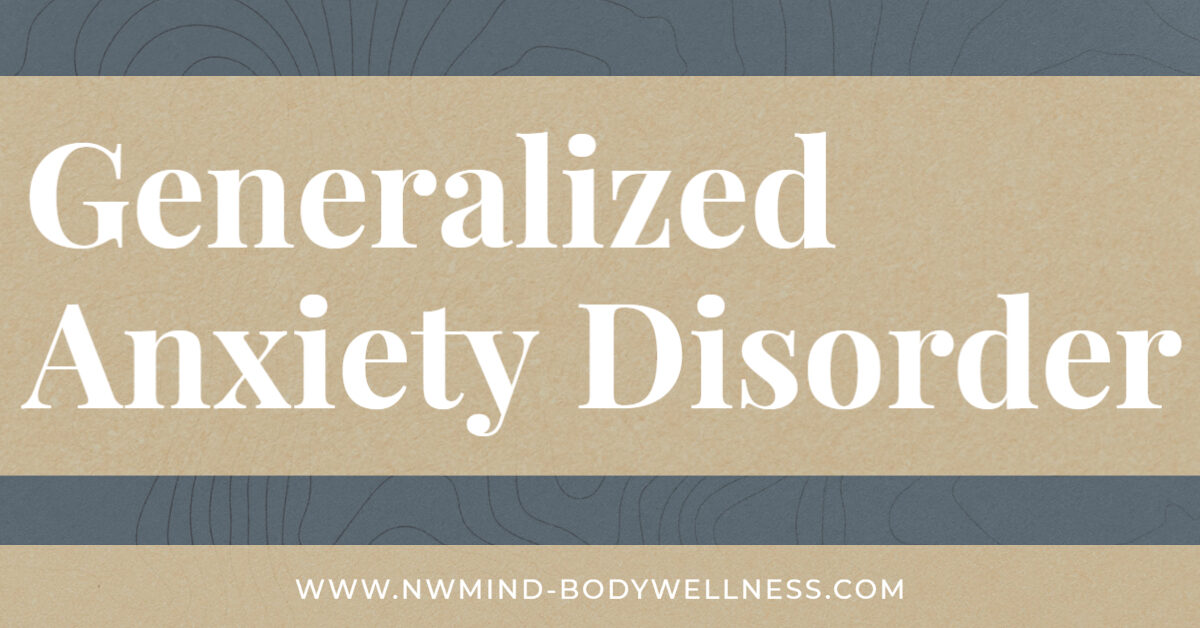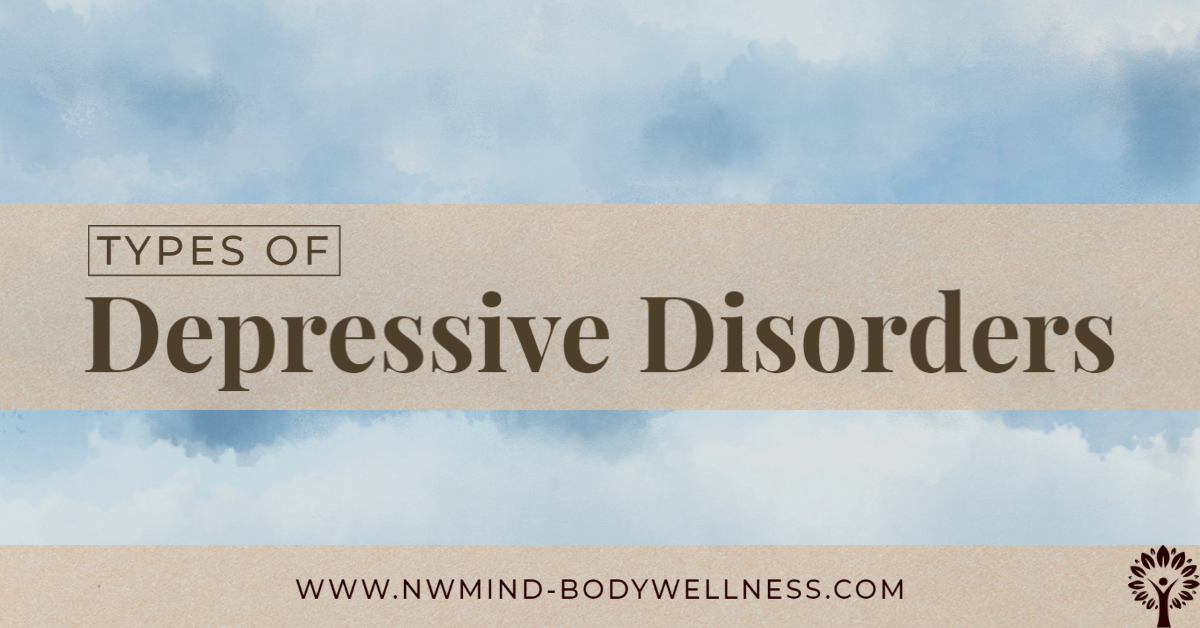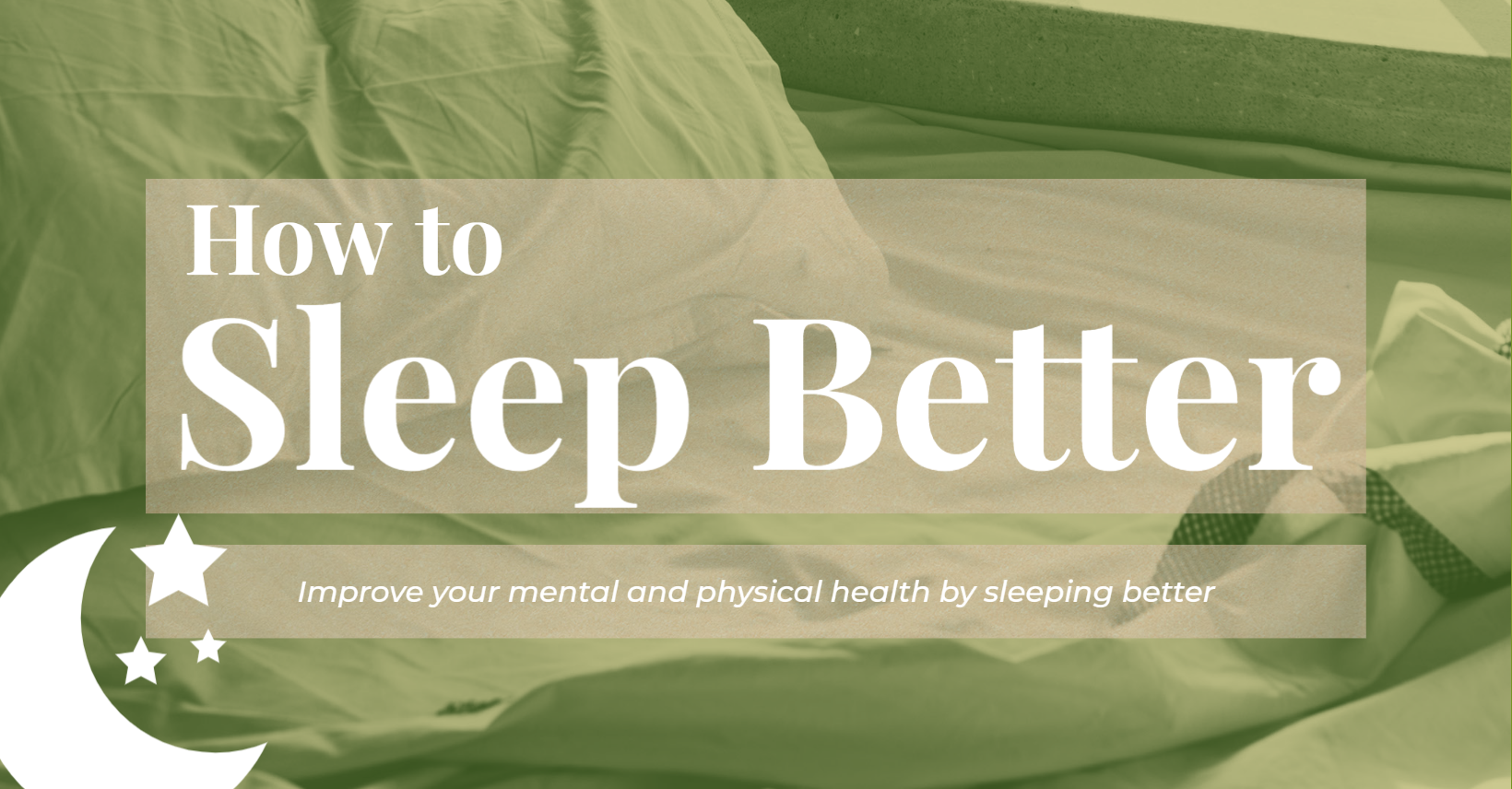
International Women’s Day
Annually on March 8th, International Women’s Day is celebrated. The day aims to promote gender equality and honor the achievements of women. We can work towards equality by raising awareness, offering educational resources, providing support, and more.
History of International Women’s Day
The first International Women’s Day was celebrated on March 19th, 1911. On that day more than one million people gathered at rallies worldwide. The day continued to be celebrated annually. The UN recognized 1975 as International Women’s Year, and began celebrating March 8th as International Women’s Day. Presently, the day is celebrated in more than 100 countries and is an official holiday in more than 25.
2023 Theme
International Women’s Day has a new theme annually. This year’s theme is “#EmbraceEquity.” The theme aims to remind us that equality isn’t always enough to reach equity for all. To reach equity among all, we must stand against stereotypes, call out discrimination, and embrace others’ differences.
How to Show Support
There are many ways you can help show support for International Women’s Day and its goals. Ways to show support include, but are certainly not limited to:
- Use the hashtag #EmbraceEquity on social media to spread awareness for the day
- Advocate for gender equality in the workplace
- Attend an online panel or discussion
- Shop at a women-owned business
- Donate to a women-centric charity or organization
Learn More
For more information about International Women’s Day, the following resources are suggested:
International Women’s Day: https://www.internationalwomensday.com/
History.com: https://www.history.com/news/the-surprising-history-of-international-womens-day
Return to home page: https://nwmind-bodywellness.com/
Read more articles: https://nwmind-bodywellness.com/articles/










